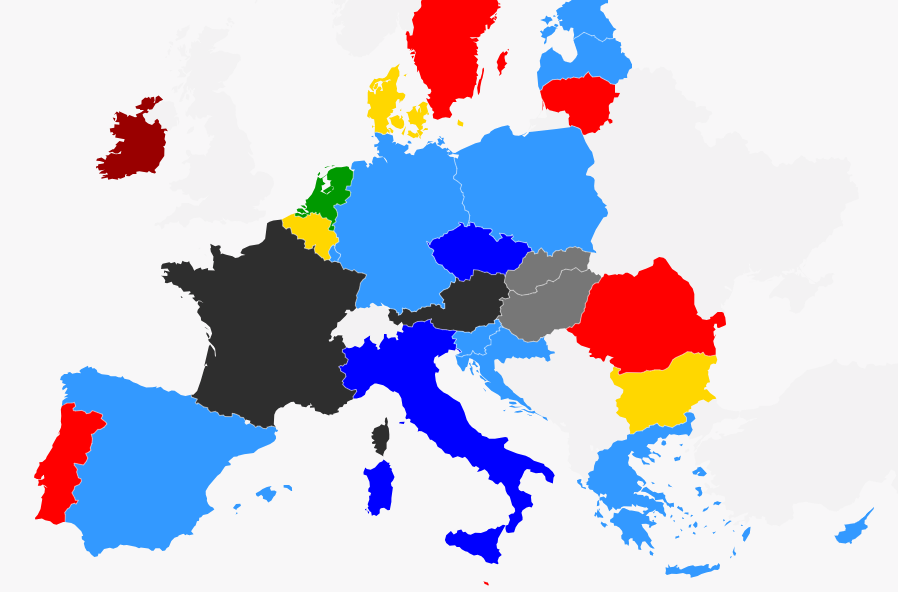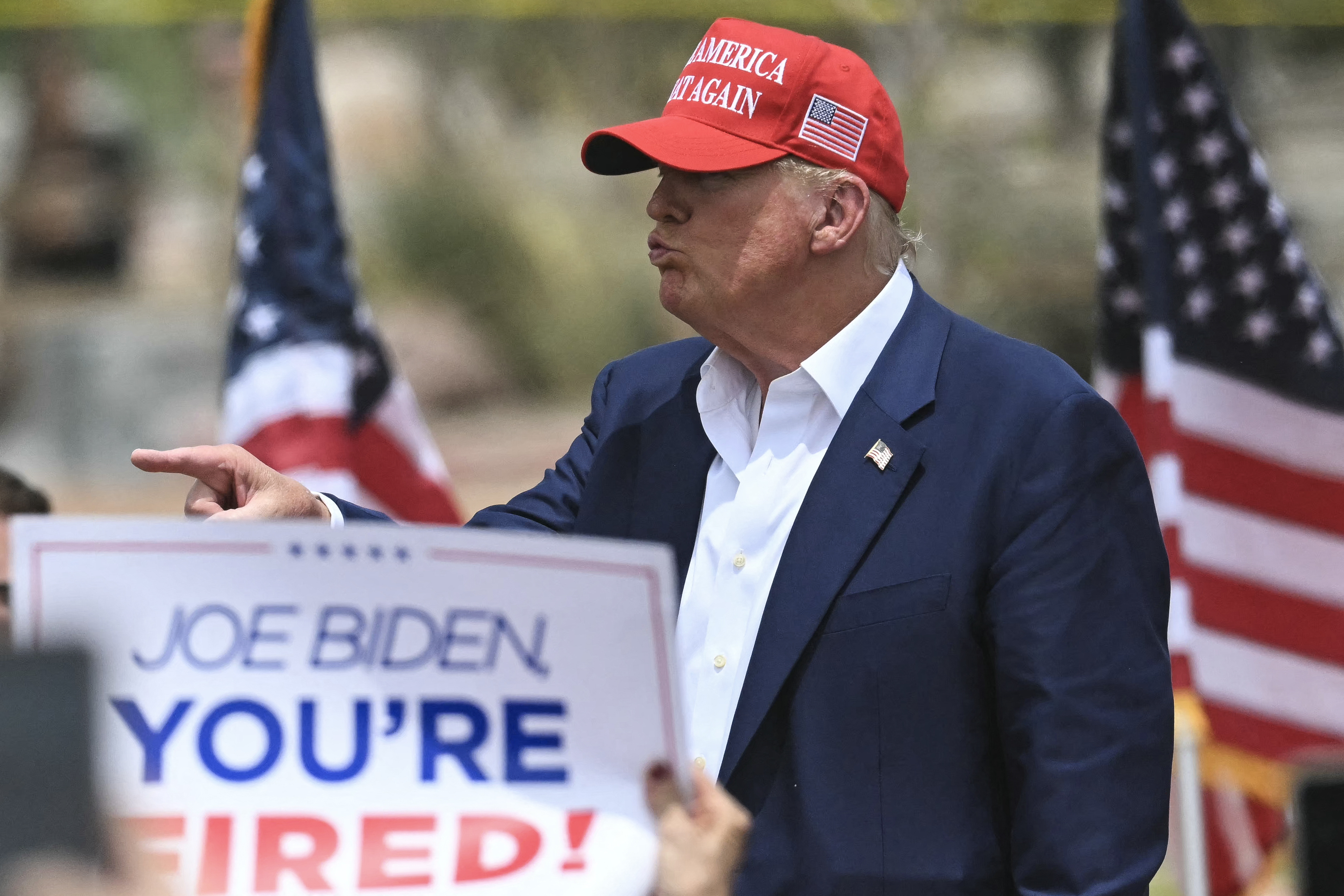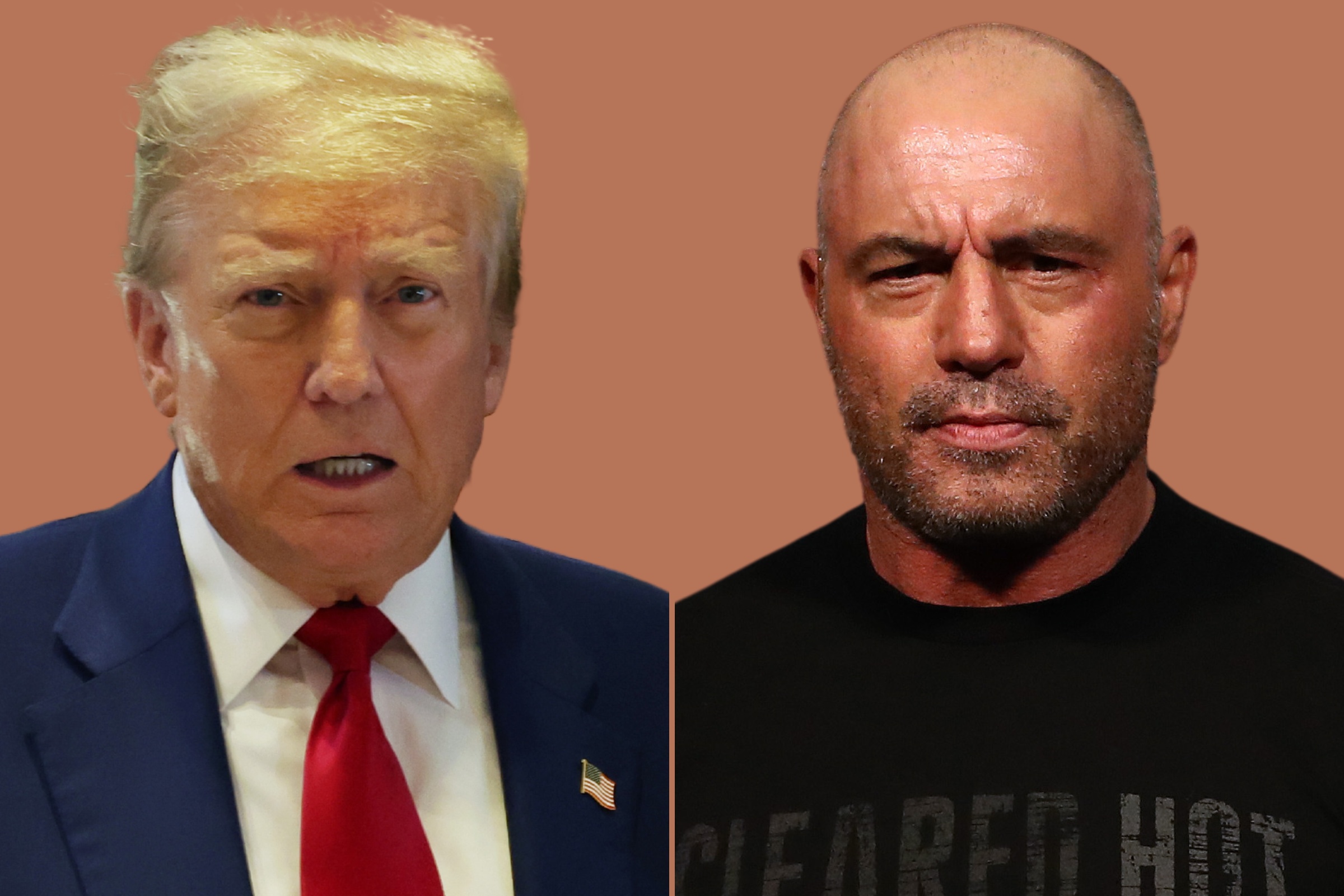The unprecedented ousting of former House Speaker Kevin McCarthy created many unknowns, chief among them whether the next speaker, who has the power to decide which bills the House considers, will support bringing a vote on Ukraine aid to the floor.
Congressman Jim Jordan, who's announced a bid for speaker, has made his opposition to offering continued aid clear. The Ohio Republican told reporters on Wednesday that there are more "pressing issues" that the American people are concerned about, such as the "border situation," which has been pushed further into the core of American politics following news that President Joe Biden's administration will resume construction of portions of the border wall it once denounced.
Senate Republican Leader Mitch McConnell, who has been vocal in his support for Ukraine, has spoken about the problems facing it and the border concurrently, saying in his Wednesday floor speech that "we'll also need to make progress on supplemental resources—for safeguarding America's direct interests in Ukraine's defense ... and restoring security and sanity to our southern border."
Other members of the Senate have voiced similar sentiments, saying that addressing the two issues simultaneously could place more pressure on a future speaker to bring a bill providing funding to Ukraine to the House floor, where it would likely receive majority support.
"I think that would make [Ukraine aid] more palatable, each side gets something that they feel is important," Utah Senator Mitt Romney, a top Republican deal-maker and supporter of Ukraine, told Newsweek.

"But you'd have to have something that really made a difference at the border, as opposed to just a stopgap Band-Aid," he added. "I know that we have a number of folks working on that, and hopefully they'll be successful."
When it was still uncertain whether House Republicans would support a stopgap bill to avert a government shutdown due to Senate insistence at the time on the inclusion of Ukraine funding, independent Senator Kyrsten Sinema of Arizona reached out to Republicans to negotiate a potential border funding deal.
Oklahoma Senator James Lankford, who serves as the top Republican alongside Sinema on the Senate Homeland Security Subcommittee on Government Operations and Border Management, has been a part of border funding talks.
He said previous conversations were focused more on spending as opposed to policy. While the border has traditionally been one of the thorniest partisan subjects, Lankford said he's seeing an increasing amount of Democratic interest as the number of reported migrant encounters remains at historic levels.
"There's such a huge national security risk," Lankford told Newsweek. "The individuals that are coming across the border at great speed are not being vetted. We don't know, they're coming from literally all over the world, and the national security risk continues to rise. There are some Democrats who are willing to sit down and say, 'Hey, I want to incentivize legal, not illegal [immigration]."
Democratic Senators Mark Kelly of Arizona and Joe Manchin of West Virginia previously told Newsweek that they support working across the aisle to reach a border security agreement. Whether such a deal can be reached in the Senate, however, will require satisfying enough progressives and conservatives, something Congress has not been able to make happen for decades.
"I've been here a while, and we've been talking about this for a long time," Republican Senator John Cornyn of Texas said when asked by Newsweek whether he thought the Senate could build off of prior border talks. "It's time to quit talking and start actually doing something."
"I'm willing to keep trying, and maybe there's an opportunity here, because I think more Democrats are realizing, people like [New York] Mayor [Eric] Adams and the governor of New York, the governor of Massachusetts, the governor of Illinois, they're saying this is affecting us," he said.
"These are blue states, not red states," Cornyn added, "and maybe they can help get some attention. We certainly have some good ideas on how to address the problem."
Uncommon Knowledge
Newsweek is committed to challenging conventional wisdom and finding connections in the search for common ground.
Newsweek is committed to challenging conventional wisdom and finding connections in the search for common ground.
About the writer
Alex J. Rouhandeh serves as Newsweek's congressional correspondent, reporting from Capitol Hill and the campaign trail. Over his tenure with ... Read more





